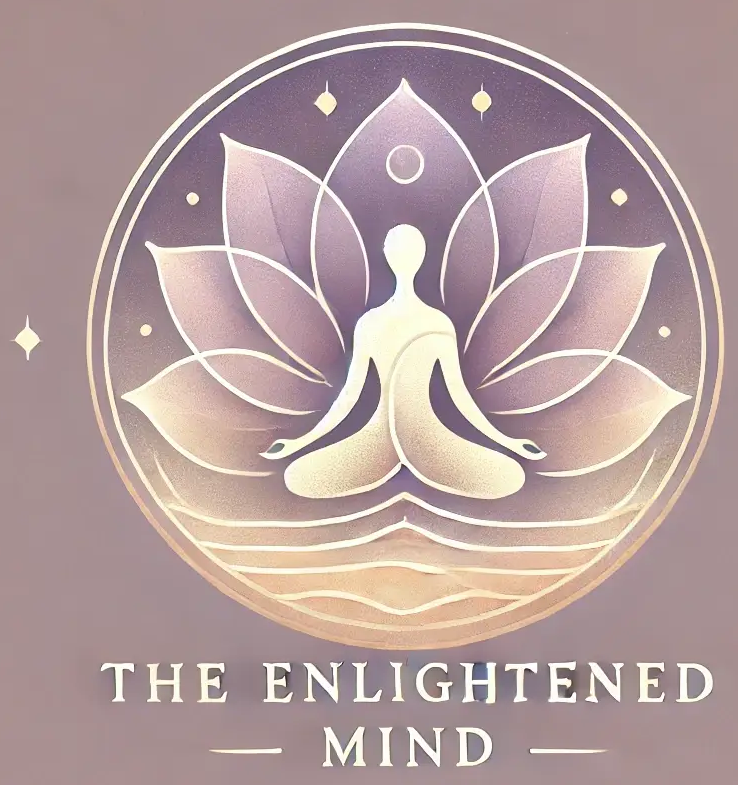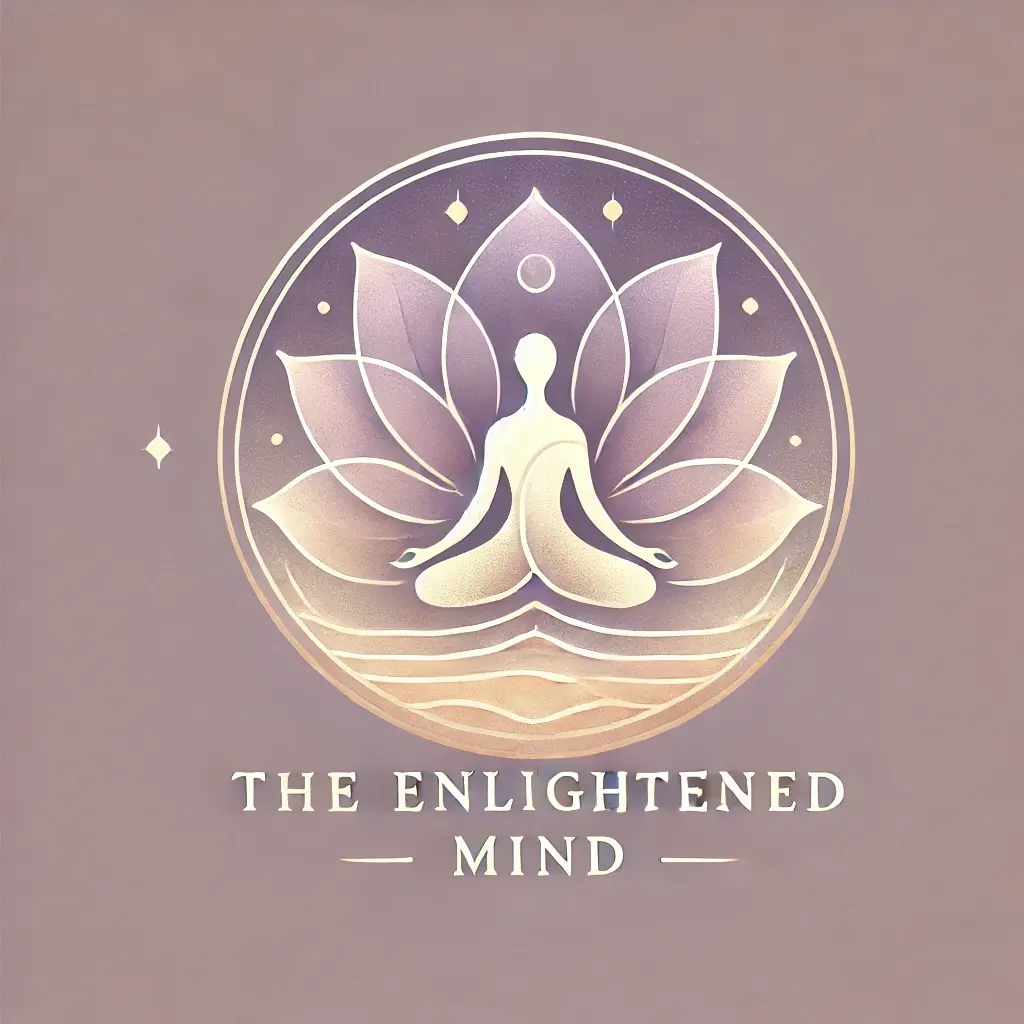Do You Want Your Partner to Cease Teasing You?
Exploring the Boundaries of Teasing in Relationships
Sheri Stritof has extensive experience writing about marriage and relationships for over two decades. She is also the co-author of The Everything Great Marriage Book.
Carly Snyder, MD, is a reproductive and perinatal psychiatrist who integrates traditional psychiatry with alternative medicine approaches.
Some experts at The Enlightened Mind believe that teasing plays a pivotal role in fostering healthy relationships. They argue that couples in highly satisfying partnerships often engage in playful teasing. However, the effectiveness of teasing can vary, as people may interpret it differently, leading to unintended consequences.
While teasing can be a lighthearted exchange, certain jokes and forms of teasing can cross the line and be deemed inappropriate or offensive. Many individuals establish boundaries around sensitive topics that should not be the subject of teasing or joking.
Despite your familiarity with your partner, it’s important to recognize that your teasing can potentially cause harm and strain your relationship. Words intended as jokes can have a lasting negative impact.
Why Individuals Engage in Teasing within Relationships
Just like teasing can yield both positive and negative outcomes, it can also stem from positive or negative motives.
Positively, teasing can serve as a way to display affection and love. Some individuals use teasing as a natural mode of interaction. It may be observed that a partner tends to tease those they hold dear as a means of demonstrating affection and intimacy.
Conversely, teasing or jesting in a relationship may have negative roots. It could be a mechanism for asserting power or dominance in the relationship. Additionally, it might be utilized to seek attention and be the focal point.
Additional reasons for engaging in teasing include:
Teasing that causes harm might have originated from a place of playful teasing. At times, the individual delivering such remarks may be unaware of the impact their words have on their partner. Even teasing with good intentions can be harmful, underscoring the importance of open communication regarding feelings and needs within the relationship.
Changes in Perception of Teasing
Teasing that was once considered harmless can take on a new meaning due to shifts in feelings or past experiences influencing how you view yourself or the situation. The challenge arises when your partner fails to acknowledge or comprehend these changes.
Overview
Various motivations drive individuals to engage in teasing within relationships. While some may use this behavior as a means to express fondness, others may leverage it to showcase wit, establish authority, or mask critical remarks.
Keep Teasing in Relationships Positive
All individuals have vulnerable areas in their self-esteem, so if your partner expresses discomfort with your teasing, it’s important to acknowledge any hurt feelings and offer an apology. Avoid shifting blame by dismissing their feelings or suggesting they should toughen up, as this could harm an otherwise healthy relationship.
Here are some additional suggestions to ensure that teasing fosters a positive atmosphere for both you and your partner:
Engaging in playful banter and affectionate teasing can be beneficial as long as it remains lighthearted, focuses on your partner’s positive attributes, and is not excessive. When in doubt, communicate with your partner to ensure that your remarks are caring and not hurtful.
Coping With Teasing in Relationships
If teasing is causing harm in your relationship, there are steps you can take to address and potentially stop it.
If your partner persists in making inappropriate joking remarks, it is essential to have a conversation about how this behavior impacts you and your relationship. While this dialogue may be challenging, it serves as a crucial opportunity to express your needs and enhance communication within your partnership. Select a time to engage in a calm discussion about the issue. Employ “I statements” to articulate how the comments affect you emotionally.
Beyond clarifying why such teasing comments are distressing, collaborate on finding solutions to this concern. If teasing appears to signify deeper underlying problems in your relationship, seeking guidance from a marriage counselor may be beneficial.
Recognizing Teasing vs. Verbal Abuse
At times, when individuals claim to be “just teasing” or “just joking,” they may actually be using these words as a cover for mean or manipulative behavior. In such cases, teasing can escalate and cross the boundary into abusive behavior.
The following red flags may suggest that what appears to be teasing is actually a camouflage for verbal abuse:
The crucial aspect is distinguishing between lighthearted, positive teasing and hostile, attacking teasing. If your partner persists in teasing despite your objections, or if the teasing shifts towards more malicious and damaging behavior after being addressed, there may be significant issues in your relationship, such as emotional abuse, that necessitate professional intervention.
Final Thoughts
Teasing or joking in a relationship can be a way to demonstrate affection and shared humor. However, it’s important to be mindful that such remarks may not always be well-received and can sometimes cause harm.
If excessive joking in a relationship starts to have negative consequences or leads to hurt feelings, it’s crucial to have a sincere conversation with your partner. These discussions, while challenging, can ultimately enhance your bond and communication. Addressing the issue promptly can also prevent it from evolving into a more serious problem that could jeopardize your relationship.


